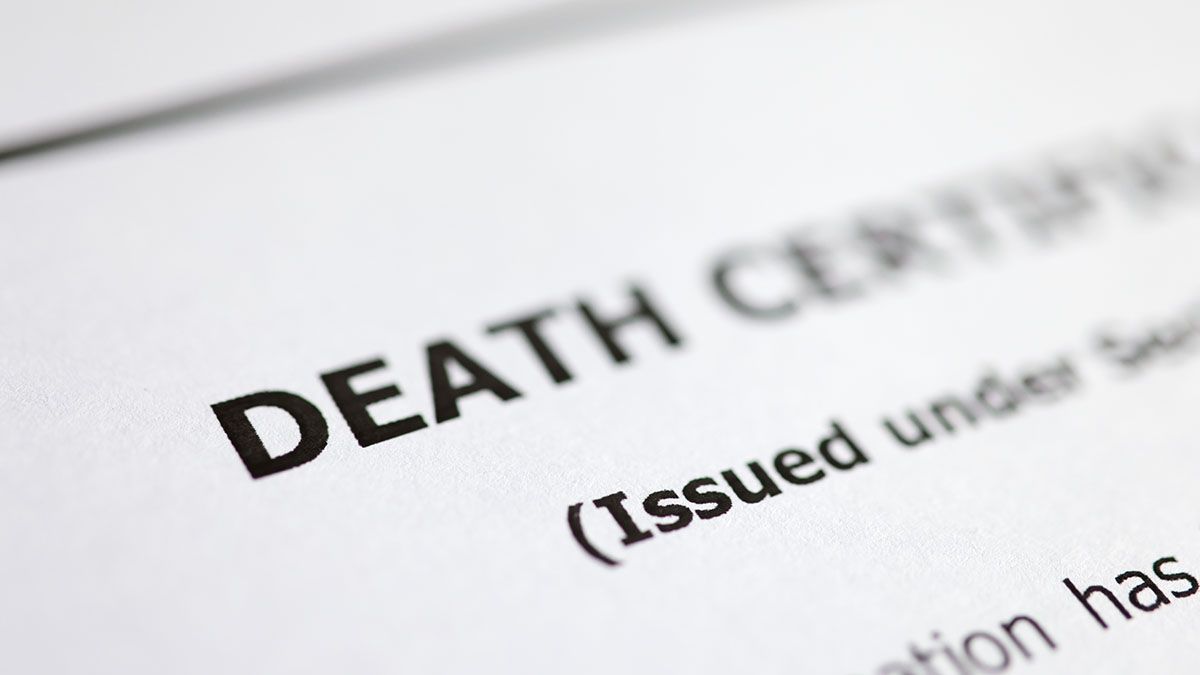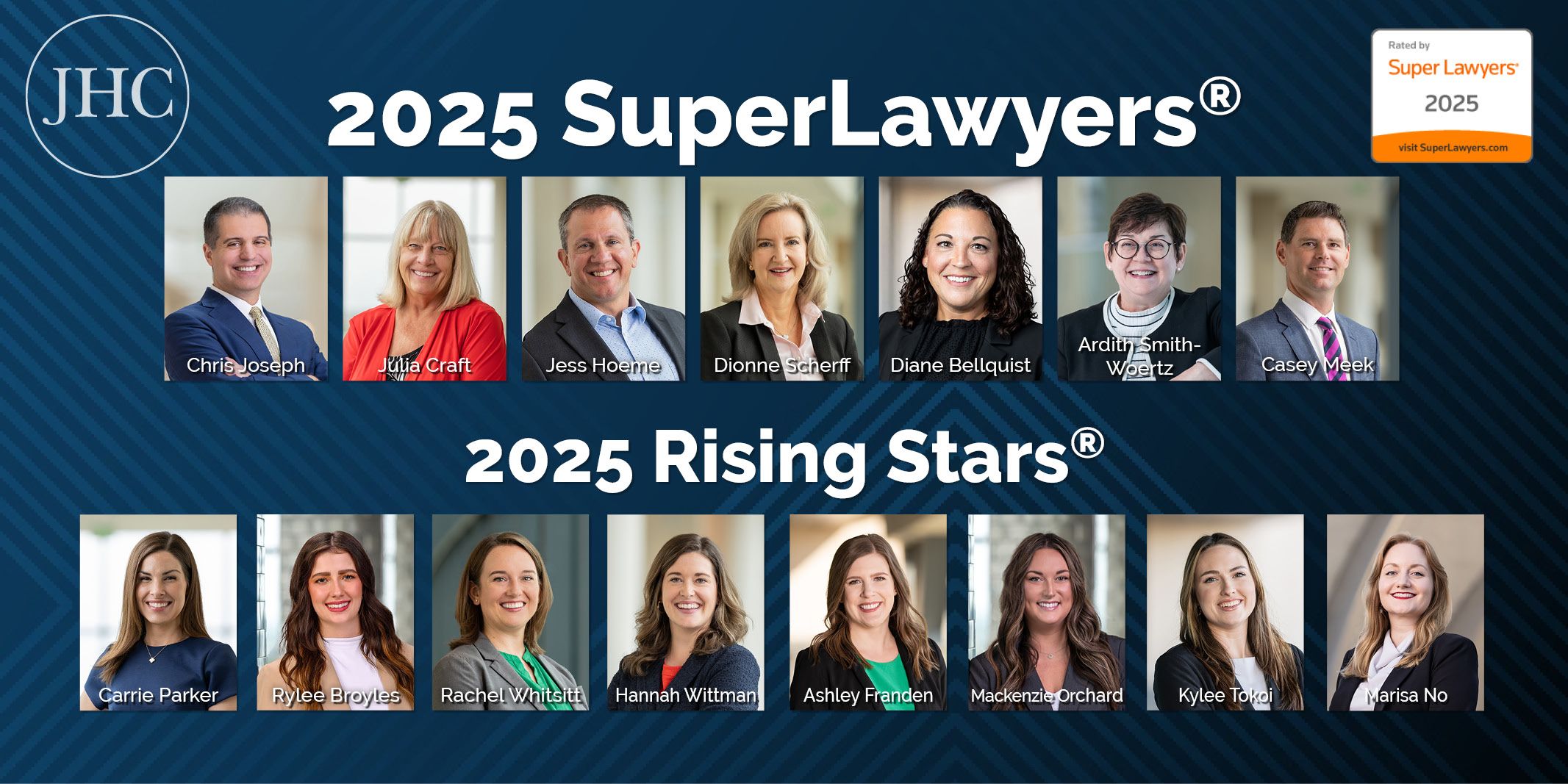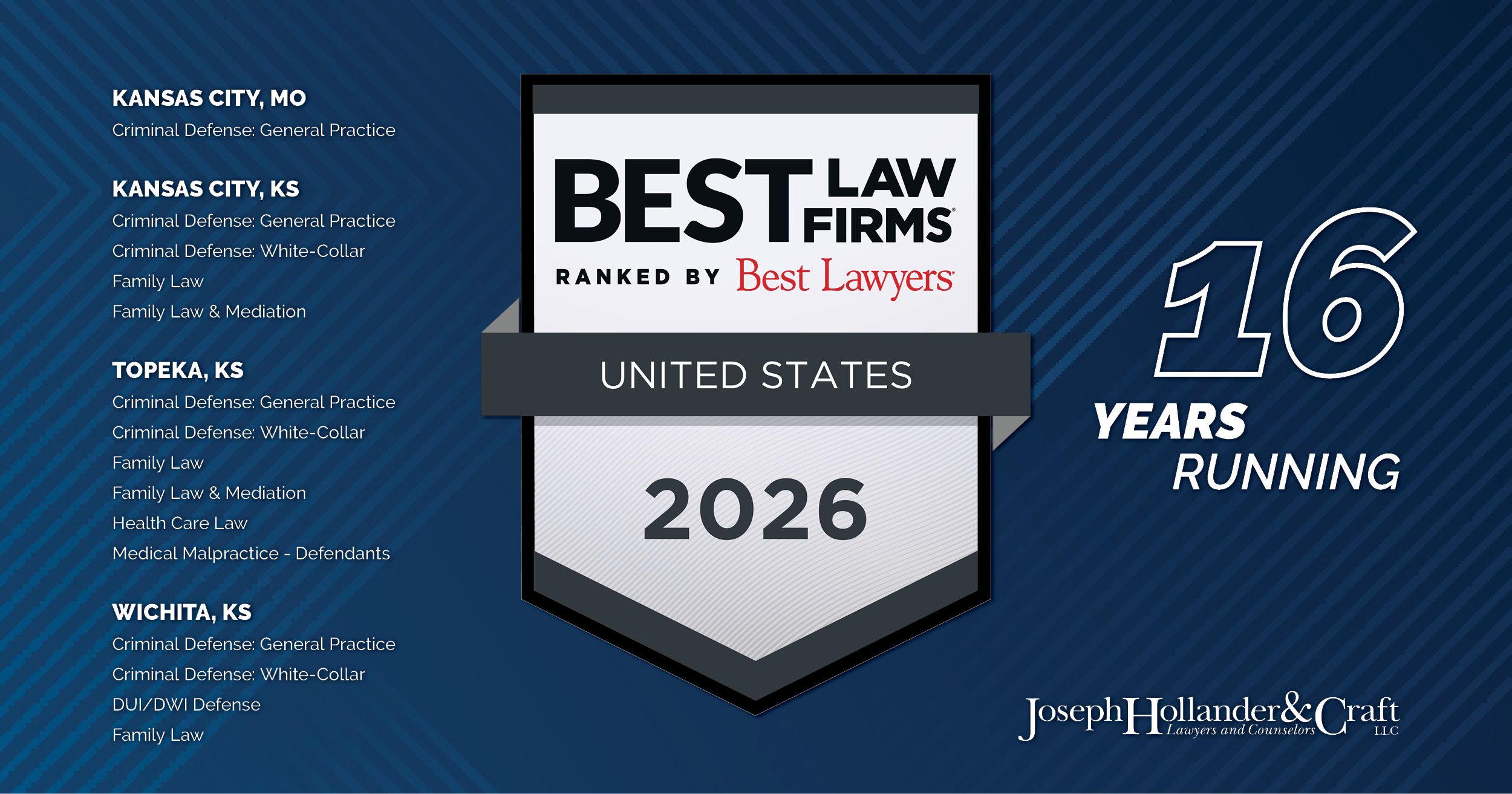Featured in the Legal Ethics & Malpractice Reporter, Vol. 2, No. 9
Edited by Professor Mike Hoeflich
This month, the New York State Bar Association issued Ethics Opinion 1229, which discusses what a lawyer should do when she has been presented with a settlement offer but discovers that the client has died before being able to accept the offer.
The opinion came to be precisely because a New York lawyer ended up in this predicament without precedential guidance. The lawyer represented a client in litigation arising from a “vehicular accident.” According to counsel for both parties, the client had a weak case. As a result, the insurance carrier initially offered a relatively small settlement, which the lawyer’s client rejected. After some time, the lawyer and the insurance carrier negotiated a larger settlement. Unfortunately, when the lawyer sought the client’s agreement to the terms of the larger settlement, he discovered that the client had died. The client had died intestate and with few assets. Furthermore, the lawyer was unable to discover any living relatives or a death certificate. And, because there was no death certificate, the lawyer was barred from filing a motion in the New York Probate Court.
While the engagement agreement granted the lawyer power of attorney “to execute documents necessary for the prosecution of the [client’s] legal affairs,” the power required that the “client be notified ‘in advance of each such document that is being executed on [the client’s] behalf and consent orally to the execution of said documents.’”
In such a situation, many lawyers would simply drop the case since there were no heirs and no probate proceedings. But the lawyer in this case had entered into a contingency fee agreement with the client and would receive no fee unless a settlement was signed. The financial component of the case was compounded by the fact that the lawyer had expended funds in pursuit of the client’s cause.
Ethics Opinion 1229 advised the lawyer who requested the Opinion that accepting the settlement offer was not an option.
First, it notes that, under New York law, the death of a client terminates the lawyer-client relationship:
‘[t]he lawyer . . . may not take any further steps in connection with the matter unless and until [the lawyer] is authorized to do so by the deceased’s duly qualified personal representative.’” Id. (quoting ABA 95–397). “A client’s death terminates a lawyer’s actual authority,” and any “rights of the deceased client pass to other persons—executors, for example, who can, if they wish, revive the representation.” Restatement (Third) of the Law Governing Lawyers § 31 cmt. e (2000).
In this case, the lawyer was unable to identify an heir or “duly qualified representative.”
The Opinion then goes on to explain the applicability of Rule 1.2(a). “Rule 1.2(a) allocates to the client the sole decision on whether to settle a matter. Without a client, the inquiring lawyer has no right to accept the proposed settlement offer, no matter whether the counterparty is prepared to proceed.” Accordingly, the Committee conclude that the lawyer had “no right to effect the settlement” and was “ethically obligated to forbear from further steps to obtain the settlement proceeds in the absence of a duly qualified personal representative of the client to instruct the lawyer otherwise.”
New York Rule of Professional Conduct 1.2(a) reads:
Subject to the provisions herein, a lawyer shall abide by a client’s decisions concerning the objectives of representation and, as required by Rule 1.4, shall consult with the client as to the means by which they are to be pursued. A lawyer shall abide by a client’s decision whether to settle a matter. In a criminal case, the lawyer shall abide by the client’s decision, after consultation with the lawyer, as to a plea to be entered, whether to waive jury trial and whether the client will testify.
On this point, New York Rule 1.2(a) is substantially similar to Kansas Rule of Professional Conduct 1.2(a):
A lawyer shall abide by a client’s decisions concerning the lawful objectives of representation, subject to paragraphs (c), (d), and (e), and shall consult with the client as to the means which the lawyer shall choose to pursue. A lawyer shall abide by a client’s decision whether to settle a matter. In a criminal case, the lawyer shall abide by the client’s decision, after consultation with the lawyer, as to a plea to be entered, whether to waive jury trial and whether the client will testify.
Missouri Rule 4–1.2(a) is also essentially the same:
A lawyer shall abide by a client’s decisions concerning the objectives of representation, subject to Rule 4–1.2(c), (f) and (g), and shall consult with the client as to the means by which they are to be pursued. A lawyer shall abide by a client’s decision whether to accept an offer of settlement of a matter. In a criminal case, the lawyer shall abide by the client’s decision, after consultation with the lawyer, as to a plea to be entered, whether to waive jury trial and whether the client will testify.
Unfortunately for the lawyer who sought the advice given in Ethics Opinion 1229, the net result of this situation was that he could not settle the case and, therefore, could not receive his contingent fee or reimbursement for his expenses. If there is a moral to all of this, it is that lawyers should recognize that Rule 1.2(a) cannot be ignored and that keeping in close touch with a client may mean the difference between getting a fee or ending up with nothing.












